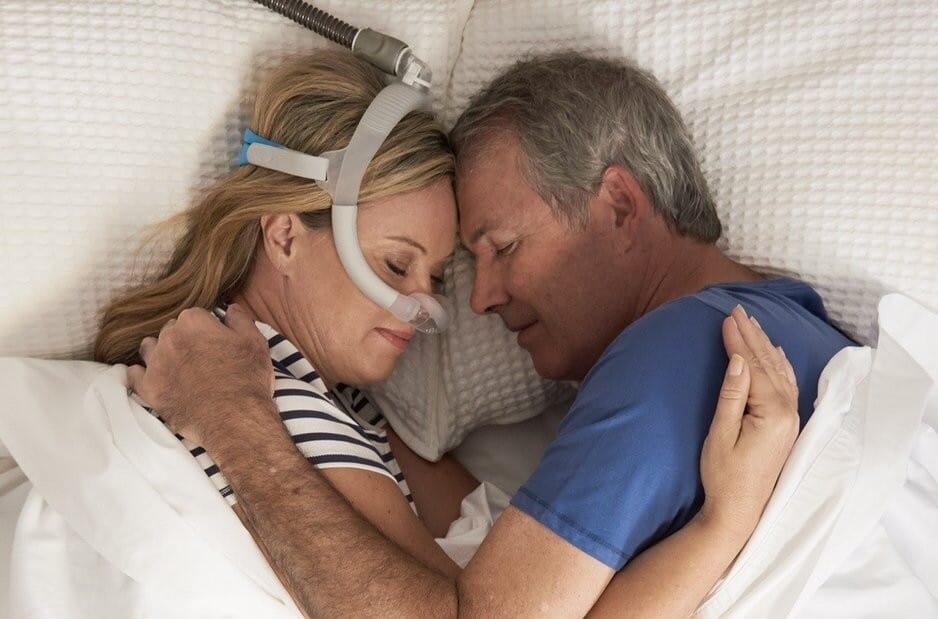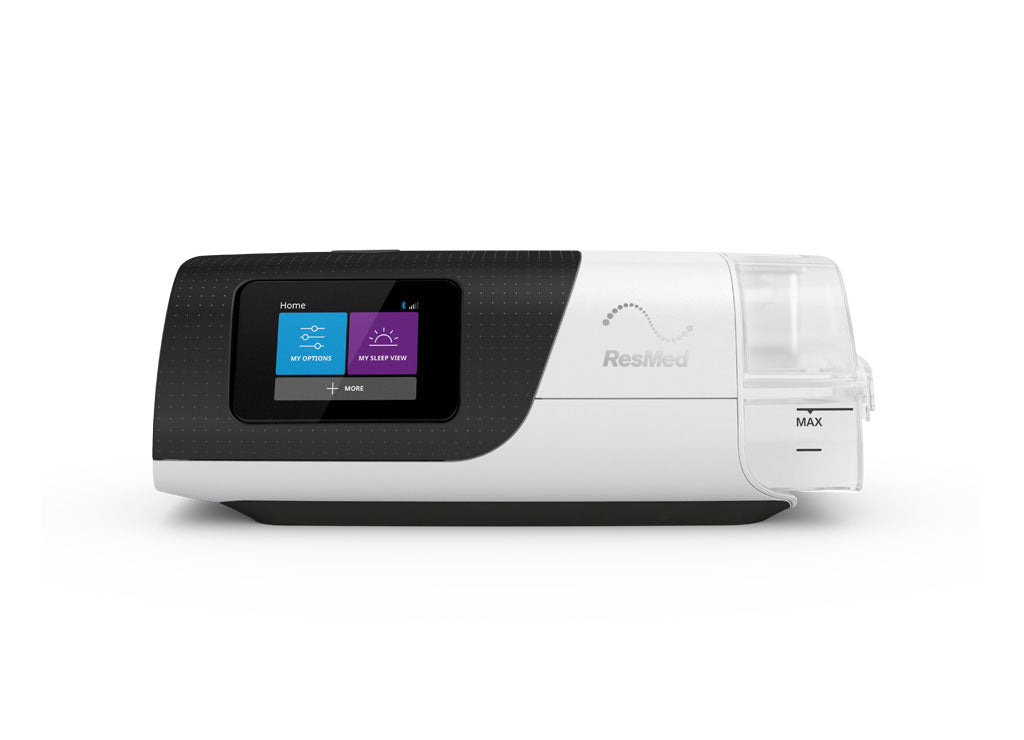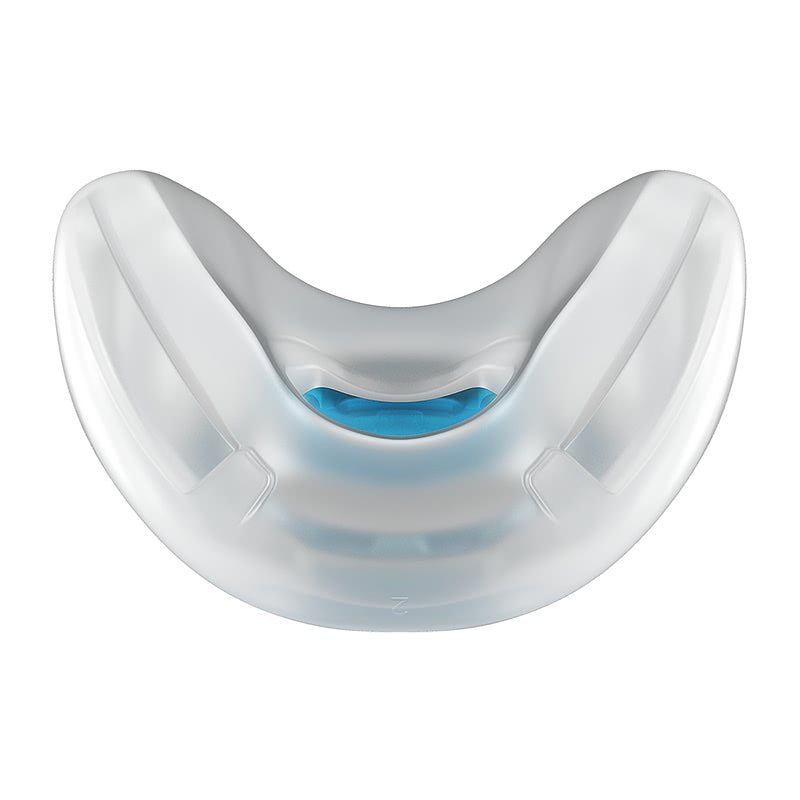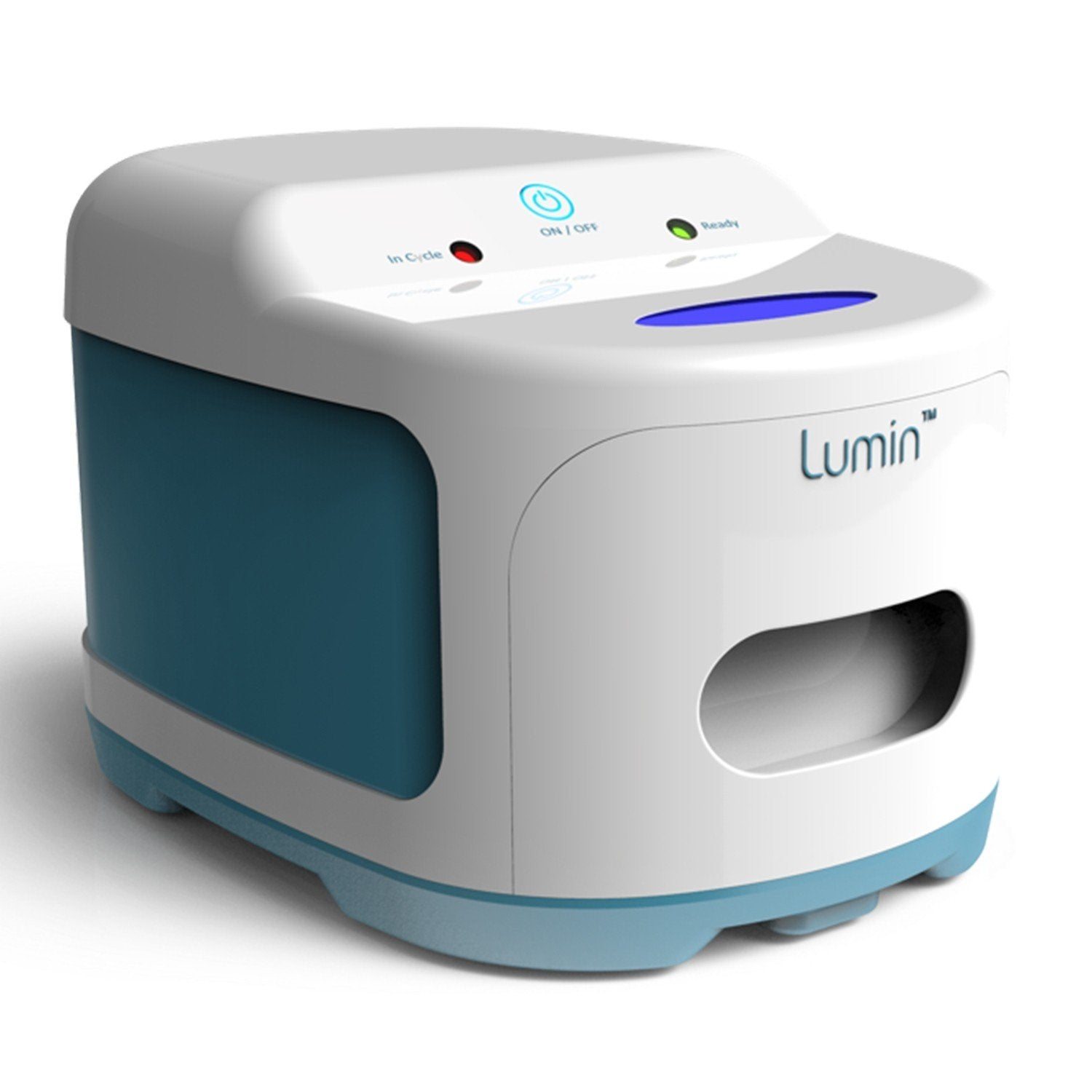
The importance of humidification
Share
CPAP humidification is a common treatment for individuals with sleep apnea, a sleep disorder characterized by repeated episodes of interrupted breathing during sleep. CPAP, or continuous positive airway pressure, is a device that delivers a steady stream of air through a mask worn over the nose or mouth to help keep the airway open and prevent interruptions in breathing.
One of the main benefits of adding humidification to CPAP therapy is that it can help to alleviate some of the common side effects of the treatment. For example, many individuals who use CPAP without humidification experience dry mouth, dry nose, and congestion, which can make it difficult to sleep comfortably and can even lead to skin irritation. By adding humidification to the treatment, the air delivered through the CPAP device is moisturized, which can help to alleviate these symptoms and make it easier for individuals to sleep comfortably.
Humidification can also help to prevent the accumulation of secretions in the airway, which can lead to infections or other complications. When the air is dry, secretions in the airway can become thick and sticky, which can make it difficult for them to be cleared. The added moisture in the air can help to keep secretions thin and more easily cleared, reducing the risk of complications.
Another benefit of humidification is that it can help to reduce the noise level of the CPAP device. When the air is dry, it can cause the device to make more noise as it is passing through the tubing. By adding humidification, the air passing through the tubing is more moist and does not create as much noise, which can help to reduce the disturbance of the individual's sleep.
In addition, humidification can also help to make the air delivered through the CPAP device feel more comfortable. Dry air can feel cold and harsh, but by adding humidification, the air feels more like natural air, which can make it easier for individuals to adapt to CPAP therapy.
Overall, adding humidification to CPAP therapy can provide a number of benefits, including reducing common side effects, preventing the accumulation of secretions, reducing the noise level of the device and making the air more comfortable to breathe. It is an important addition to the treatment of sleep apnea, helping the patients to adjust to the therapy and to sleep better.




